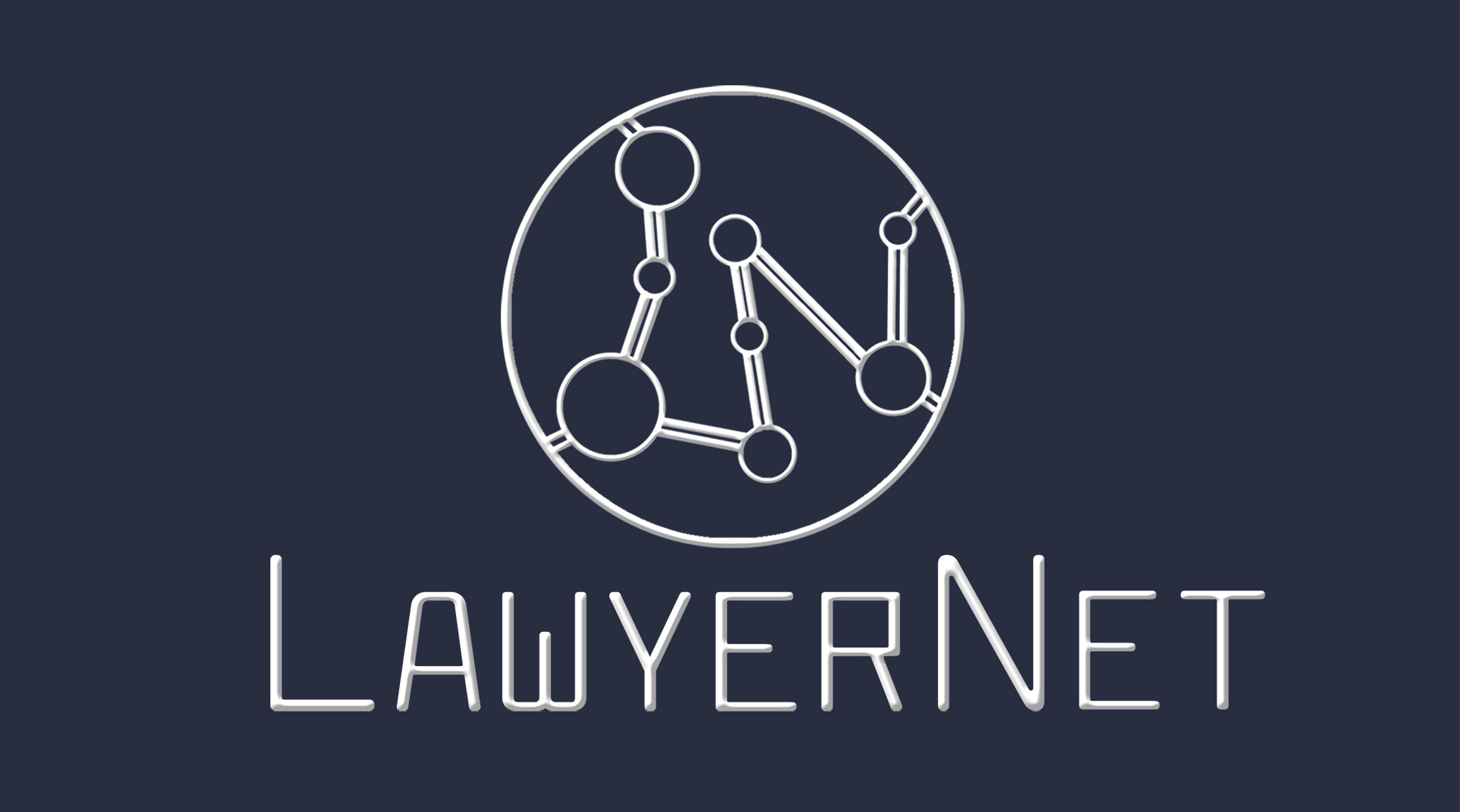
Lawyernet is a legal sector initiative focusing on pro bono services for socially sensitive cases and activism on issues of contemporary political, technological and cultural interest
Our Principles
- Environment: everyone has the right to live in a healthy and protected environment.
- Financial self-determination: Everyone has the right to a minimum of sufficient financial means to live a dignified existence
- Digital self-determination: Everyone has the right to digital self-determination. The spying on or manipulation of people is prohibited.
- Artificial Intelligence: Every human being has the right to have algorithms that burden him or her be transparent, verifiable and fair. Essential decisions must be made by a human being.
- Truth: Everyone has the right to know that statements made by public officials are true.
- Globalization: Everyone has the right to be offered only those goods and services that are produced and provided with respect for universal human rights.
Universal Basic Income
The world is changing around us. Technology overturns many of the things that the last two generations could take for granted, we will see jobs disappear quickly. What can we do about it today?
If we ask what people think about Basic Income today we will get many answers. The reality, however, is simple: it is a program through which regular instalment payments are made to all adult citizens. These payments will cover basic needs such as food and housing. Basic Income is realistic and in our age of automation, poverty and changing economic data, it is simply self-evident.
In general, people who could make the decision to start a Basic Income program do not want to admit that the old systems fail. They do not want to tell their voters that in order to avoid an international humanitarian crisis or a global recession, we must accept a huge change in the way we think about society and the economy.
However, nothing else would suffice. Basic Income is a tool that combines what happens to us with what is possible for us. We are experiencing the overthrow of the old economy. Nothing can stop this development and very little can slow it down. Basic Income, however, can help make this reversal safer and why not beneficial to our society.
Social Inclusion Initiatives
Building an inclusive society is much more than a political responsibility. It involves the setting up of an inclusive culture that takes root in our society, determining the involvement and co-responsibility of each organisation and institution, each social stakeholder, and each citizen with respect to groups of people who could find themselves in a situation of vulnerability.
We work to ensure vulnerable and marginalised people are included in society through:
Empowerment – having a voice in society, access to employment, and the tools to participate in social life
Consideration – incorporating their needs in the policy making process
Equal rights – access to basic services such as housing, employment, education, health care and social services
Community participation – access to social interactions and participation to social, cultural or political activities
Decentralisation Technologies
An increasing number of disciplines are being confronted with the phenomena of decentralised technologies. Distributed ledger technologies such as the blockchain emerged as an attempt to disrupt central institutions and authorities. It created a technology that enabled human cooperation beyond powerful institutions and ultimately challenges their existence. In essence, this is the decentralised force behind such technologies.
Whilst the primary focus still remains on the fintech sector, decentralized technologies are on the verge of affecting many more industries.
In general, it can be said that the digitalisation has led to a tremendous centralisation of data, market intelligence and thus power. Decentralised technologies and decentralisation in general can be considered interesting countermovements on a technological as well as a structural level.
We don’t want to be viewed as uncritical ambassadors of technological advancements. The blockchain hype is no exception to this. However, we believe that grasping decentralisation is essential in order to cultivate an enlightened yet critical debate about this issue.
Climate Emergency